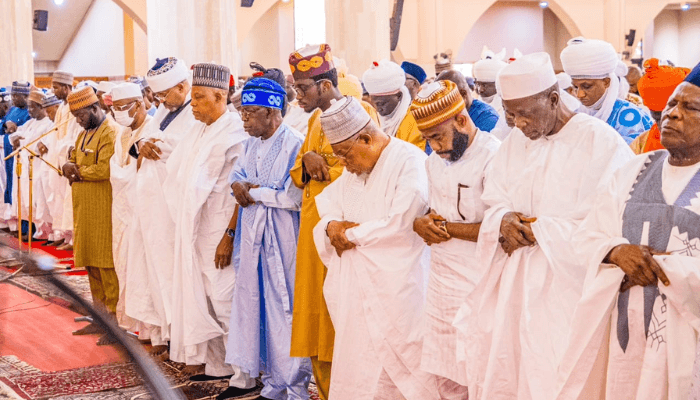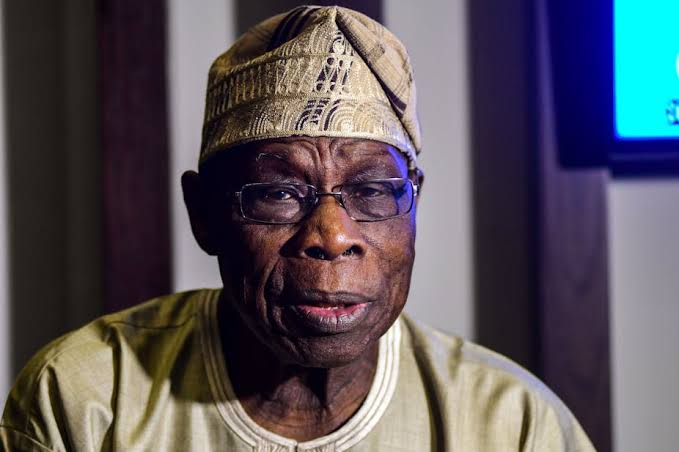Commentary: DAP party polls in Penang reveal acrimonious internal politics

Politics tamfitronics
Politics tamfitronics Advertisement
Commentary
A recent election within Malaysia’s Democratic Action Party underscored that it struggles with reconciling personalities as well as different priorities between its national leadership and local grassroots, says this academic.

A worker puts up flags of opposition Democratic Action Party (DAP) in downtown Penang Island. (AFP PHOTO / Jimin LAI)
29 Sep 2024 06:00AM (Updated: 29 Sep 2024 06:06AM)
SINGAPORE: The Democratic Action Party (DAP), a key component of Malaysian Prime Minister Anwar Ibrahim’s Pakatan Harapan (PH) coalition, has just concluded its election in Penang.
The polls, which are held every three years for leadership positions in the state’s party machinery are significant as Penang is a bastion of support for PH, which has helmed the state since 2008. The election, which is typically a routine affair, showed up deeper undercurrents, such as internal politics and a demand among the grassroots for younger leaders.
The DAP holds 19 out of 40 seats in the state’s legislature, which puts it in pole position to nominate one of its own as the chief minister.
Unlike the DAP’s ally Parti Keadilan Rakyat (PKR), whose internal elections are colourful and chaotic, the former’s polls are orderly affairs. Party members do not vote directly. Instead, party branches send delegates to vote for the candidates they support to join the State Committee.
The candidates compete to be among the top 15 vote-winners, which enables them to join the committee for a three-year term.
The number of votes an individual candidate receives indicates their grassroots support but, in a further twist, those chosen to the committee decide among themselves who occupies which position. The chairman, deputy chairman and state secretary are the most influential.
Consequently, popularity does not always translate into a higher position, as experience and national party preferences also play a role.

Politics tamfitronics ACRIMONIOUS INTERNAL POLITICS
Despite this process, internal politics within the DAP in Penang have been acrimonious of late. There has been a behind-the-scenes struggle for influence between DAP national chairman Lim Guan Eng, who served as chief minister from 2008 to 2018, and his successor as chief minister and long-serving DAP state chairman Chow Kon Yeow.
Lim’s leadership of Penang was dynamic, with an all-out drive to attract investment and galvanise the state’s economy. However, critics point to an authoritarian streak, with frequent run-ins with civil society groups and a predilection for large infrastructure projects.
Conversely, Chow’s management style is more consensual. That said, he has been often criticised as too low-profile and even passive.
The transition from Lim to Chow was largely uneventful, largely because the former went on serve as Finance Minister under Pakatan Harapan 1.0. However, following the Sheraton Move of February 2020, Lim has not held a substantive national position – even after the return of PH to federal power in late 2022.
He has remained active in Penang’s politics by virtue of his concurrent position as Member of Parliament for Bagan and state representative for Ayer Putih. Ironically, Lim’s criticisms of the Chow administration on water supply and managing the state’s finances have earned him the epithet of de facto leader of the opposition.
This conflict and Lim’s national party position fuelled speculation that Chow would not serve a second term. Tellingly, an endorsement by the DAP candidate selection committee for Chow in the run-up to the August 2023 state election was late in coming.
In the end, Chow won his seat and was nominated to serve a second term. While the DAP retained all its seats, there were uncharacteristic squabbles for candidacies and state cabinet positions that sapped Chow’s political capital.
Due to a 2018 amendment to the state constitution that bars any assemblyperson from seeking a third term, this is Chow’s final term. Nonetheless, he was expected to contest for the State Committee in last week’s polls. However, on Sep 4, Chow announced that he would not be running, effectively ending his 25-year leadership of the party in Penang.
In September, 1,452 party delegates from 296 branches cast their votes for 15 committee members out of a total of 31 candidates.
Politics tamfitronics MESSAGES SENT FROM THE RESULTS
On aggregate, the results delivered several messages from the grassroots.
The first is that younger leaders are preferred. The top five vote-winners were all under 50, with two MPs Ramkarpal Singh (Bukit Gelugor) and Steven Sim (Bukit Mertajam) coming out tops. The next three are current or former state Cabinet members – Yeoh Soon Hin, Zairil Khir Johari and Daniel Gooi.
Second, candidates’ performance was a factor. Jagdeep Singh, the deputy chief minister of Penang did not make the top 15. Despite only assuming the position in August 2023, his performance has allegedly been affected by “personal issues”.
Lim Hui Ying, the sitting DAP Penang secretary came in a mere 12th, down from 4th position in 2021. Hui Ying is Lim Guan Eng’s sister and has only been an MP since 2022. She has served as Deputy Minister of Education and then Finance. In March 2023, Lim caused controversy when she was unable to answer a question on education policy in Parliament.
Third, party delegates indicated that they would exercise their prerogatives regardless of national party preferences. In the run-up to the polls, DAP Secretary-General Anthony Loke had expressed his backing for Steven Sim as the next state chairman and for Lim Hui Ying to continue as state secretary.
Beyond Lim’s drop in support, a number of delegates pushed back against these recommendations, stating to the media that they knew what was best for Penang.
The new party leadership in Penang is now as follows: Steven Sim (chairman), Ramkarpal Singah (deputy chairman), Zairil Khir Johari and Yeoh Soon Hin (vice chairmen), and Lim Hui Ying (secretary).
Steven Sim is currently Human Resource Minister and has an accomplished public profile which leverages on his linguistic proficiency in both Mandarin and Bahasa Malaysia. While both he and Lim Hui Ying are seen as close to Lim Guan Eng, they cannot yet bid for Penang’s top job. Both hold senior federal government positions and, even more crucially, neither hold state seats.
It is likely that, of the two, Sim would be the party’s pick for the next chief minister, given Loke’s emphasis on renewal. Loke has also supported Chow serving out the remainder of his term, but this may not prevent perceptions that the latter is a lame duck.
Unseemly as these tensions are, they are the result of where the DAP is now. It has done very well in the past two general elections, but it has maxed out its territory and needs to simultaneously accommodate its younger generation alongside its older members.
And, as always, personalities matter. Despite its reputation for discipline, the DAP struggles with this just like everyone else.
Francis E Hutchinson is Senior Fellow and Coordinator of the Malaysia Studies Programme, ISEAS – Yusof Ishak Institute. This commentary first appeared on the ISEAS – Yusof Ishak Institute’s blog, Fulcrum.



 Hot Deals
Hot Deals Shopfinish
Shopfinish Shop
Shop Appliances
Appliances Babies & Kids
Babies & Kids Best Selling
Best Selling Books
Books Consumer Electronics
Consumer Electronics Furniture
Furniture Home & Kitchen
Home & Kitchen Jewelry
Jewelry Luxury & Beauty
Luxury & Beauty Shoes
Shoes Training & Certifications
Training & Certifications Wears & Clothings
Wears & Clothings















